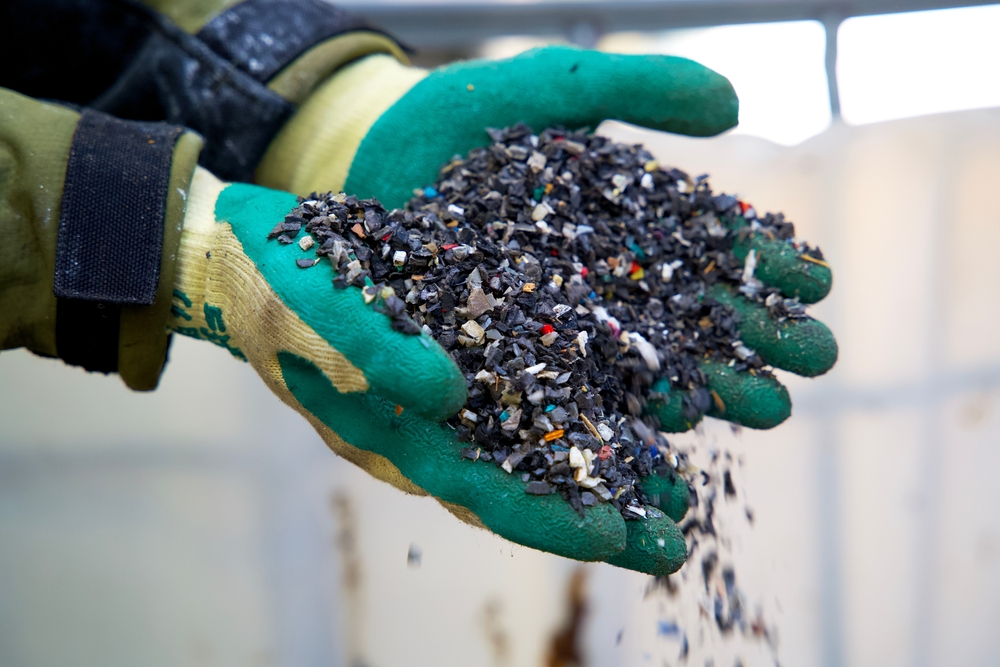Nation-state delegates took a historic step toward a new global plastics pact in an inspirational display of determination. This undertaking, described as the most significant green deal since the 2015 worldwide climate agreement, signals a turning point in our joint efforts to address the critical issue of plastic pollution. With the banging of a recycled-plastic gavel at the Unesco headquarters in Paris, the delegates set the stage for a transformative treaty that could come into force by 2025.
The globe currently produces about 400 million tonnes of plastic per year, with 14 million tonnes entering the ocean each year. However, there is growing recognition that this persistent problem necessitates a coordinated worldwide response. Plastic, formerly thought to be only an environmental garbage issue, is now known to pose a slew of dangers to the environment and human health.
Delegates from 180 countries gathered in Paris for the second of five important sessions amid a landscape of different stakeholders, including civil society groups, rubbish pickers, and a coalition of scientists. Despite initial difficulties, delegates were able to reach an agreement on the core aspects of the treaty, laying the groundwork for a contract that offers great potential for our future.
Taking action on microplastic pollution and hazardous chemicals
Stakeholders used these crucial meetings to advocate for comprehensive measures to address the concerns of microplastic contamination and the regulation of hazardous compounds inherent in plastics. Furthermore, the discussions focused on the establishment of a funding framework to promote the transition and the preservation of the rights of communities that have been disproportionately impacted by plastic pollution. The misery of towns such as “Cancer Alley” in Louisiana, where communities bear the brunt of the impact of petrochemical factories, highlighted the importance of protecting vulnerable populations.
While reducing plastic pollution is critical, many countries have highlighted the need to go beyond corrective measures and address production as well. Delegates from the Pacific Islands took the initiative in pressing for proactive steps, underlining the unique issues that states like the Marshall Islands face. Recognizing that small island nations may lack the capacity to manage and dispose of plastic waste shifts the responsibility away from the most vulnerable communities.
According to the WWF, 94 of the 180 nations present in Paris welcomed the urgent need to ban or phase out particularly dangerous polymers, chemicals, and plastic items in a stunning demonstration of solidarity. This astonishing agreement might include elements such as purposely added microplastics and the infamous “forever chemicals” known as PFAs.
Sirine Rached, a member of the Global Alliance for Incinerator Alternatives, astutely highlighted this evolving landscape, stating, “We clearly have plastic-producer countries and industries very determined to throw wrenches in the works and at the same time a growing ambition to address this problem at the root.” This contradiction inspires hope because it represents a growing realization of the urgent need for dramatic change and a willingness to face the issues head-on.
As the negotiations advance and the vision for a global plastics convention takes shape, we may look forward to a future in which nations collaborate, overcoming divisions and building a path toward a sustainable and plastic-free society. The majority of nations’ courage and commitment to combat corporate resistance provide hope that working together, we can effect long-term change for the benefit of our planet and future generations.
The drafting of the Plastics Treaty
The preparation of a comprehensive document that will serve as a catalyst for in-depth debates on the final treaty text will take place in the coming months. This critical milestone gives a clear path forward, reinvigorating efforts to draft a solid and successful plastics treaty. “This mandate was hard fought for,” said Christina Dixon, ocean campaign head at the Environmental Investigation Agency, “but at least provides a clear direction of travel towards starting to draft the plastics treaty in earnest.”
The aggressive timetable set for the global plastics convention indicates nations’ resolve to effect substantial change. The potential to construct a landmark environmental accord that positively benefits people’s lives is within reach, with more rounds of talks planned for this year in Kenya and the final agreement likely by late 2024. According to Eirik Lindebjerg, a policy manager at WWF, “It’s a massive opportunity to create an environmental agreement that will really make a positive difference in people’s lives.”











